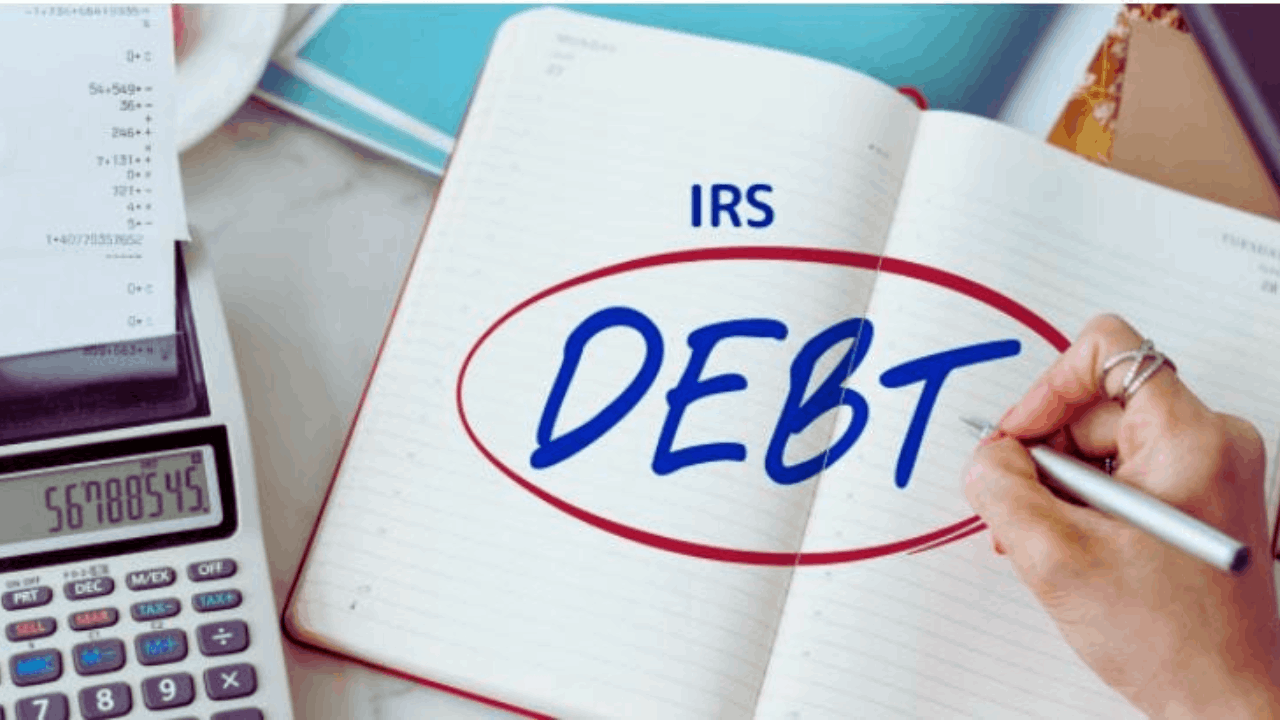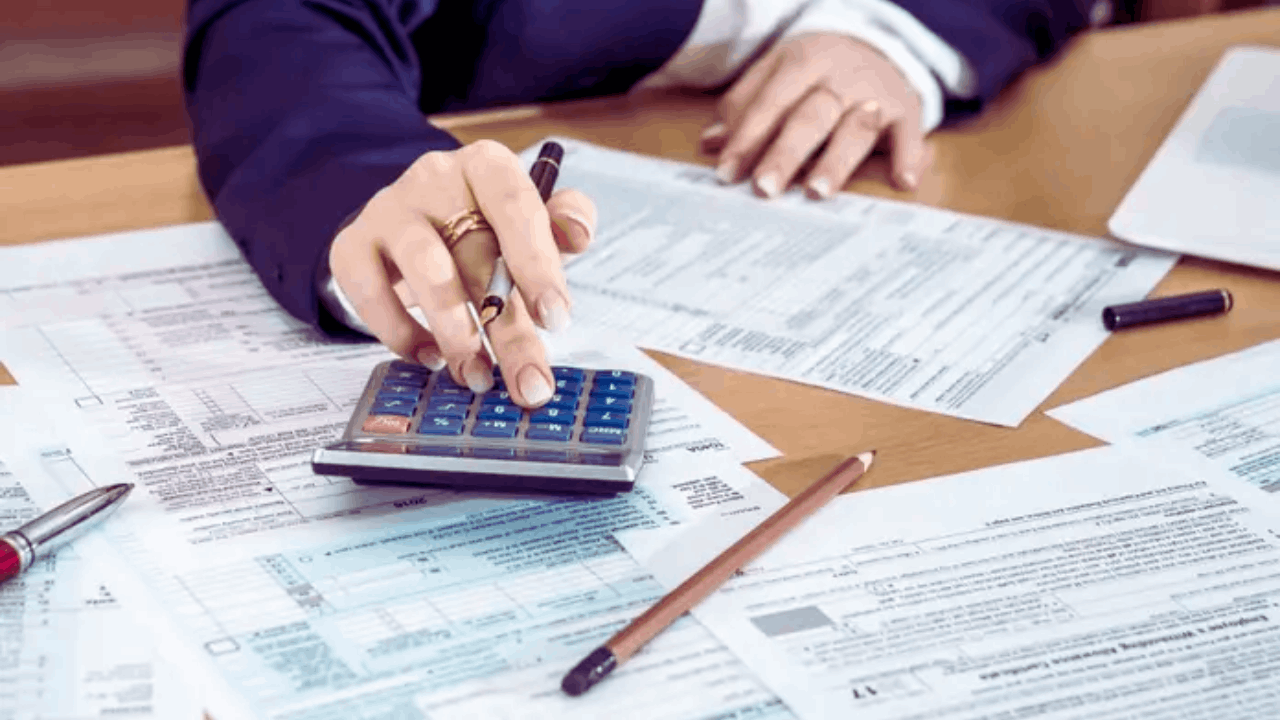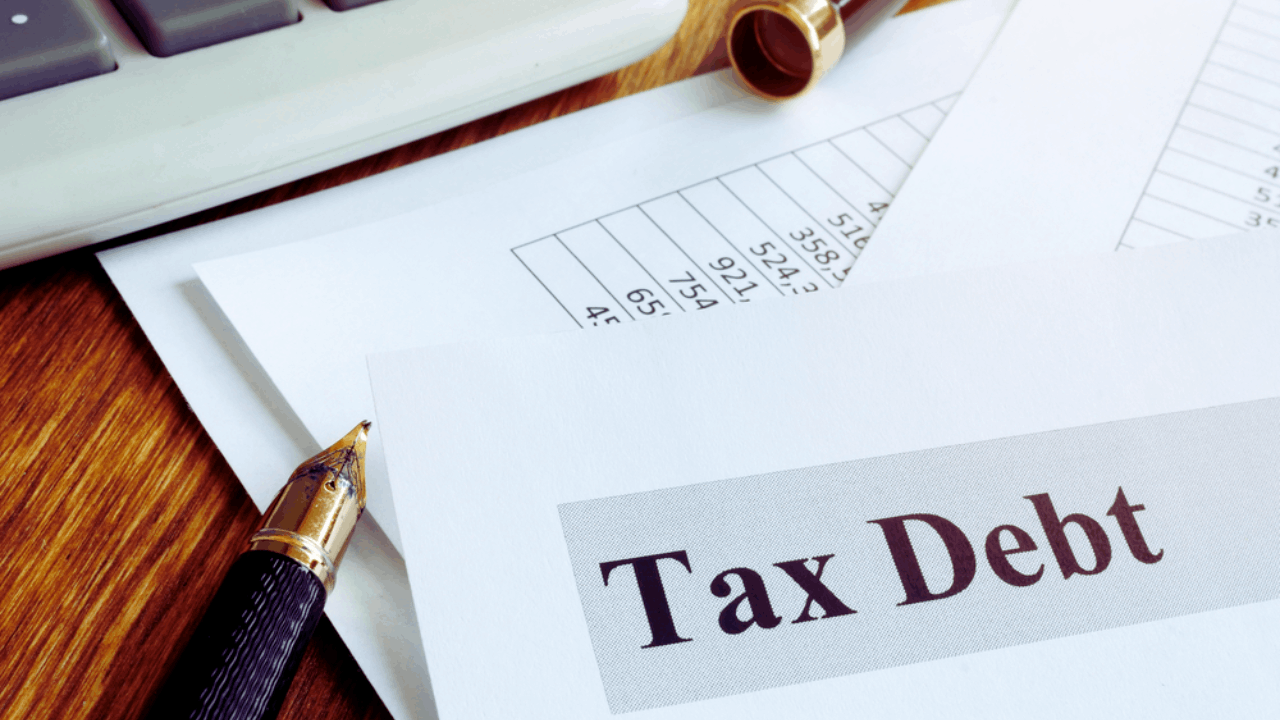Tax debt is a challenging issue for many individuals especially when it comes to IRS tax. You might be wondering if there are any options with IRS debt help.
If you are currently struggling to pay your taxes, do not worry. There are still several ways for you to cope with paying your taxes without having to deal with legal repercussions.
Check out the guide below to learn more about the strategies you can use to tackle Internal Revenue Service debt.

What Happens If You Don't Pay Your IRS Debt?
People who do not pay or ignore their tax debts will have to face serious problems.

You might lose your property, and in some cases, you might even face legal consequences because of it. The reason behind this is that your bills begin to accumulate alongside extra interest in your balance.
It begins to pile up, and it becomes more and more difficult for you to pay off such a huge amount.
Don't worry, as there are a lot of strategies when it comes to help paying IRS debt.
Formulate a Payment Plan
One of the best moves that you can make to help pay off your IRS debt is to formulate a payment plan. There are several payment plans that you can make.

You can either ask the IRS for help with regards to this plan and they can provide you with options. You can request a long-term payment plan where you can try to resolve the rest of your balance if you need more than 120 days to settle it.
There is also a delay payment plan where you can delay your payment as long as possible, proving that you can pay for it later.
There is also an option where you can settle for less than what you owe as a form of tax relief.
Always File Your Taxes
Even if you know that you won't be able to pay your taxes in time or the full amount, you should still file your taxes no matter what.

You will only make your current situation much worse if you do not file your taxes. It can result in legal action if you don't file your taxes by the deadline.
There are also other penalties that you will need to pay on top of the taxes that you owe.
File your taxes so you can prevent extra charges and other expenses. You can always file for an extensive one if you need more time to file.
Seek Help from an Expert
IRS debt can be both difficult and tricky to deal with.

This is the reason why you should always consult financial experts, such as a certified public accountant or any financial advisor, to help you deal with tax negotiations with the IRS.
This ensures that your situation is handled in the best possible way and that you have more opportunities to resolve these issues most quickly.
Many of them also educate you on how you should be dealing with your taxes or IRS debt moving forward to avoid any issues in the future.
Be Nice to People in the IRS
When you visit the IRS to implement these strategies, there is one thing that you should always remember.

Always treat the people inside the IRS as humans. They are individuals who must deal with aggravation all the time and, while you may have negative feelings about your current situation, do not pass it on to them.
Instead, try to be nice and build rapport with these people so it is much easier for them to talk to you.
You might even get the chance to propose all of your strategies to them to help you with your IRS debt.
Take Advantage of Currently Not Collectible Status
You can also try to delay tax collection from your debt if you have all the documents to prove it.

You can file a request for the IRS to put you in the Currently Not Collectible Status. You will need to provide the documents they require so they can check it out.
If it is proven that they currently cannot collect the debt, you can have the time to save enough money so you can pay for it once the status is lifted.
Remember that the IRS will check your income, assets, and many other debts for them to consider you for this status.
Seek Penalty Abatement
If you're already struggling to pay your debt, there is one way for you to extend your time so you can prevent any additional interest or expenses on your behalf.

The IRS can put harsh penalties, which can double or even triple the amount that you will need to pay which can be very difficult to pay off.
To prevent this from happening, you can present a reasonable cause for late tax payments, such as injuries and IRS errors.
Just make sure that you seek advice from an expert so you can provide them with a very compelling cause for penalty abatement.
File for Bankruptcy
You can also file for bankruptcy if you are having difficulty handling your IRS debt. Filing for bankruptcy allows you to reorganize your tax debt, and it can even help reduce some of your debt in the IRS.

You can file for bankruptcy to remove some tax debt such as income tax debt that is more than three years.
You can also receive a repayment plan to help you pay off your debt in a more manageable and affordable way. Filing for bankruptcy also prevents the IRS from doing any collectible actions against you.
Remember that filing for bankruptcy should always be your last resort, as it can also affect your credit score.
Conclusion
Taxpayers who do not pay their IRS debt will have some serious consequences. Make sure that you follow the strategies mentioned above so you can have a better plan for paying your IRS debt and avoid legal actions.
Talk to a financial expert today and learn more about these strategies to help you pay your Internal Revenue Service debt as soon as possible.



